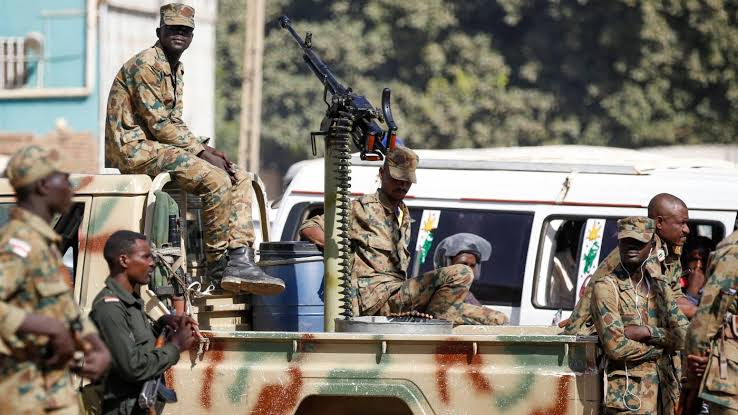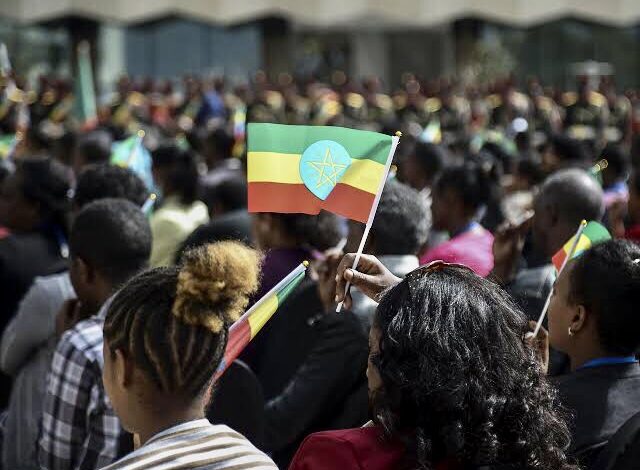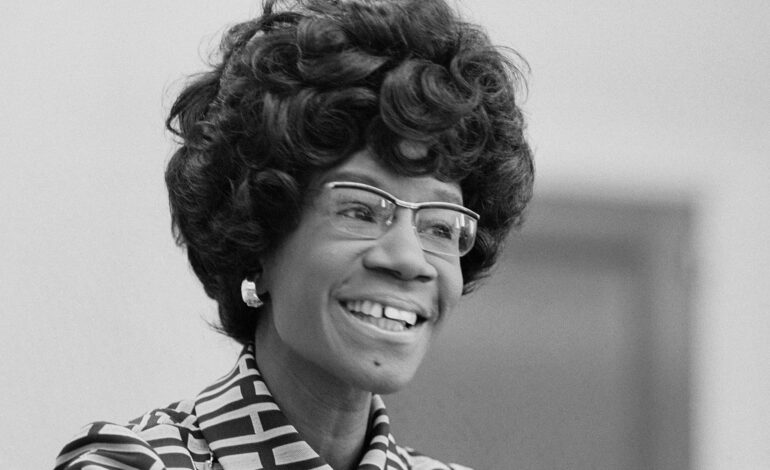
Faith Nyasuguta
The UK has imposed fresh sanctions on businesses fuelling the devastating conflict in Sudan by providing funding and arms to the warring militias. These sanctions will ensure that any assets held in the UK by these conglomerates and companies will be frozen.
These strict measures on companies controlled by the Sudanese Armed Forces (SAF) and the Rapid Support Forces (RSF) will limit their financial freedom by preventing UK citizens, companies and banks from dealing with them and put pressure on the parties to engage in the peace process.
About three months of violence in Sudan has resulted in 25 million people in need of humanitarian assistance, over 2.2 million internally displaced and 682,000 people estimated to have fled to neighboring countries. In Darfur, there are also reports of increasing ethnic violence.
The war has been exacerbated and prolonged by the vast financial empires supporting the SAF and RSF. The multi-billion-dollar conglomerates and companies associated with both parties have provided them with a steady source of funds and weapons, enabling the continuation of fighting which has seen atrocities committed against civilians.
The UK has designated six commercial entities in total, with each of the two warring parties having three associated businesses targeted. These sanctions will send a strong message to those providing funding and supplies to the SAF and RSF that the ongoing conflict is unacceptable and the violence must stop.
According to Foreign Secretary James Cleverly, these sanctions are directly targeting those whose actions have destroyed the lives of millions. Both sides have committed multiple ceasefire violations in a war, which is completely unjustified.
“Innocent civilians continue to face the devastating effects of the hostilities, and we simply cannot afford to sit-by and watch as money from these companies, all funding the RSF or SAF, is spent on a senseless conflict. Working with international partners, we will continue to do all we can to support a meaningful peace process, stop the violence and secure free humanitarian access.”
He added that these new measures are aimed at pressing the parties driving the conflict to engage in a sustained and meaningful peace process, stop blocking life-saving humanitarian aid into Sudan, and end the violence and atrocities.
According to the Minister for Development and Africa Andrew Mitchell, the SAF and RSF have dragged Sudan into a wholly unjustified war, with utter disregard for the Sudanese people, and must be held accountable. These sanctions are designed to pressure the parties to engage in a meaningful and lasting peace process.
“These sanctions will not impact vital aid to the region and include a humanitarian exemption, ensuring that aid can continue to be delivered by the UN and other eligible organizations.”
He added that the UK continues to pursue all diplomatic avenues to end the violence, de-escalate tensions and secure safe humanitarian access, including engaging with the UN Security Council, African Union and other partners to achieve this.
The businesses sanctions announced on July 12 are:
- Companies associated with the RSF:
Al-Junaid, a large Rapid Support Forces owned conglomerate set up by Rapid Support Forces leader Mohamed Hamdan Dagalo ‘Hemedti’. This company has provided at least tens of millions in financial backing for the militia, enabling it to continue the conflict.
GSK Advance Company Ltd, a key front company owned by the Rapid Support Forces, providing some funding to the militia to support the purchase of materiel.
Tradive General Trading co, a company associated with the Rapid Support Forces, supplying it with funds and materiel such as vehicles retrofitted with machine guns for the RSF to patrol the streets.
- Companies associated with the SAF:
Defense Industries Systems (DIS), a large Sudan Armed Forces-owned conglomerate, which provides some of the finances for General Abdel Fattah al Burhan to continue fighting, Defensive Industries System has over 200 companies and makes a profit of $2 billion per annum.
Sudan Master Technology, a Sudanese company involved in the sale of arms with close commercial ties to Defense Industries System, the economic and manufacturing arm of the Sudan Armed Forces which supplies it with funds and equipment.
Zadna International Company for Investment Limited, a subsidiary of DIS, owned by the Sudan Armed Forces, and reported to be one of its top three ‘major earners’.
RELATED:




